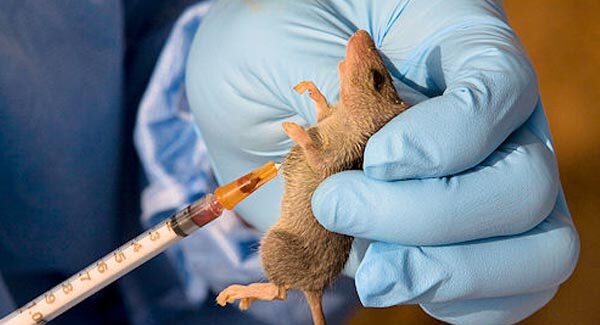WEST African leaders and health experts have called for stronger regional co-operation and African-led solutions to tackle Lassa fever and other emerging infectious diseases.
They made the call at the opening of the 2nd ECOWAS Lassa Fever International Conference (ELFIC2025) in Abidjan, Côte d’Ivoire, on Monday.
This newspaper reports that the theme of the conference is: “Beyond Borders: Strengthening Regional Cooperation to Combat Lassa Fever and Emerging Infectious Diseases.”
It seeks to reaffirm regional commitment, mobilise political will, and drive collective action against Lassa fever and other emerging infectious diseases.
The President of Cote d’ Ivoire, Alassane Quattara, expressed the country’s commitment to supporting regional health security.
Mr Ouattara, who was represented by Robert Mambé, prime minister of Côte d’Ivoire, highlighted the heavy social and economic toll of recurring epidemics, including Lassa fever, Ebola, monkeypox, and cholera.
“In April 2025 alone, over 65 epidemics were recorded in Africa, with cholera causing more than 6,000 deaths, while Lassa fever in West Africa is responsible for nearly 300,000 infections and 5,000 deaths annually,” Mr Quattara said.
He emphasised that no country could face these threats in isolation, calling for regional solidarity and coordinated action to prevent outbreaks from spreading across borders.
The president praised the West African Health Organisation (WAHO) and partners for their technical support, urging actionable measures focusing on prevention, hygiene, and disease control.
From a national perspective, Nigeria’s Coordinating Minister of Health and Social Welfare, Muhammad Pate, called for solutions to Lassa fever to be African-led rather than reliant on external sources, stressing that the disease is local to West Africa.
Pate highlighted Nigeria’s ongoing efforts, including expanding laboratory networks, training frontline health workers, strengthening case detection and management, and reinforcing community engagement.
“This disease is local to us. The solution is not going to primarily come from the global [North],” he said.
He urged governments, scientists, and civil society to collaborate on diagnostic studies, vaccines, and research.
He also emphasised that regional data sharing and preparedness must complement national efforts to ensure long-term resilience.







